How Can You Tell If Your Blog Is Actually Working or Not?
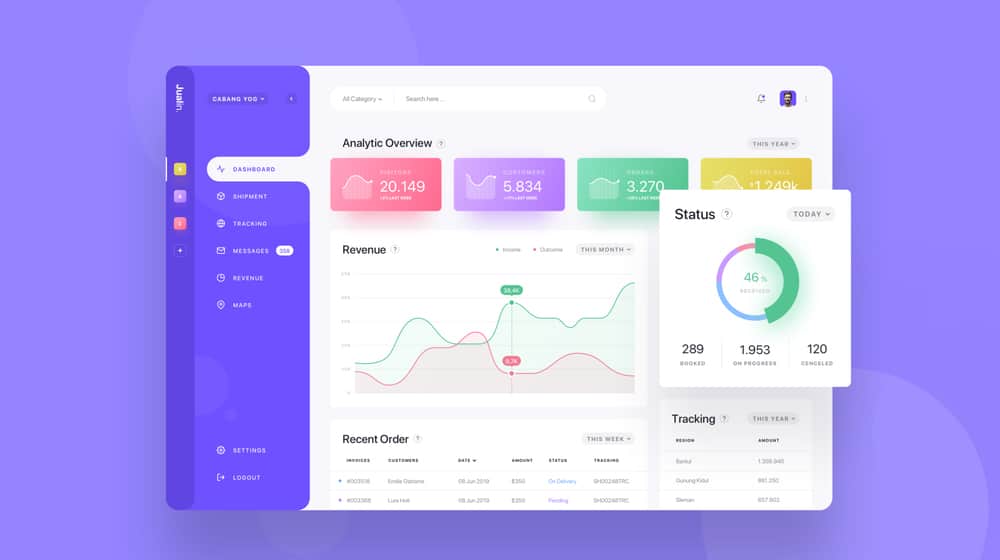
I've written before about how long it takes for blogging to start getting traffic, and of course, I repeat the constant refrain of "blogging works", but there's one question a lot of people ask that I haven't yet addressed. How do you know whether or not your blog is working?
In some circumstances, the signs are pretty obvious. You post a new blog article, you get a ton of social shares, your traffic spikes, you get a bunch of new sales, and it's all attributable to your new post.
However, 99% of the time, that's not how blogging works.
I often draw the analogy of a snowball. You start with a small clump of snow, and you push it and build it up and eventually, you have the base of a snowman, or a huge person-sized snowball, or an avalanche. It takes time, and it takes more "snow" in the form of blog posts, but it builds up and builds up and not a whole lot can slow it down.
With a snowball, though, it's easy to tell when it's working. It gets bigger before your eyes, after all. With blogging through, it can be difficult to tell when it's actually working. I've seen people laboring on a blog for months without realizing they made a simple mistake that was preventing Google from indexing their content because it's so hard to tell the difference between a low-level blog building momentum and a blog that isn't working.
So how can you tell if your blog is working? You look for the signs. What are the signs? Let's dig in:
Your Site is Getting More Backlinks
Links make the online world go round. They are the very foundation of how Google was built. Your site can have a ton of traffic and excellent content on it, but without backlinks, it won't be going anywhere fast. Link building is incredibly important for that reason.
Checking your site backlinks will help you determine whether or not your site is growing and your blog is working. But how? It's not like you can just go out and find every instance of a site that linked to you.
You can't, but others can. For example, try plugging your domain name into one of these:
Of these, my favorite is Ahrefs. Their tool suite is excellent, and the free backlink checker is great. It shows you pages that link to you, the DR and URL Rating for the linking site, a traffic estimate, the page it links to, the anchor and context, and whether or not it's nofollowed. They even tell you if the link is in content, in an author bio, or somewhere else.
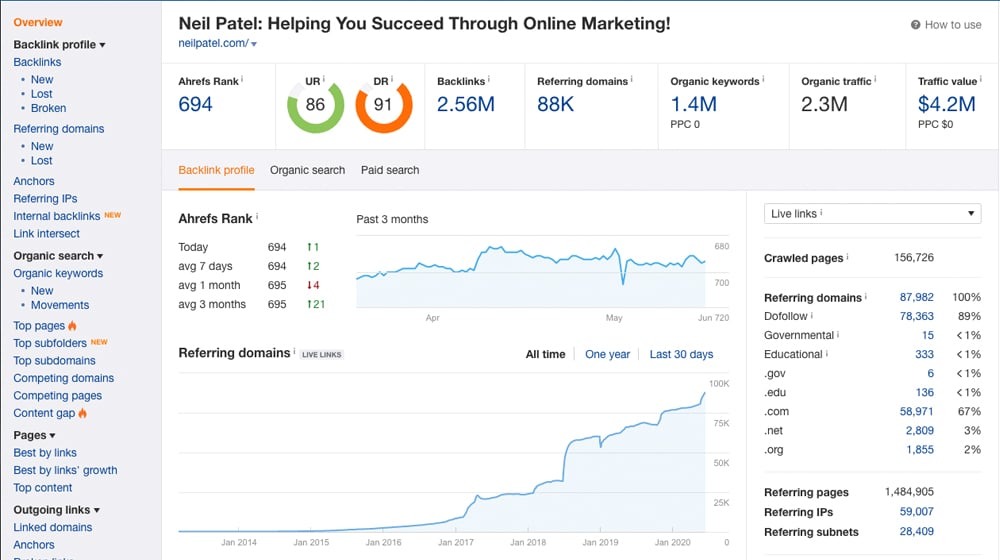
When looking up backlinks, you need to determine which links are blog growth and which are other efforts. Ignore links that come from obvious spam sites and scrapers, and try to eliminate links that are links you explicitly went out and built, like links on other sites you own. Focus just on links other people gave you.
Monitor your link profile over time. Is it growing? Are you getting more links, and links from better sources? If so, your blog is working. If not, you have some work to do.
Your Traffic Numbers Exist and Grow
I get it. Starting a blog and getting to a point where you have a strong stream of steady visitors is difficult, and sometimes it feels like getting even a single visitor a day on average is an achievement. Other people might be able to blink and create a blog that gets hundreds of visitors, but not everyone knows enough about what they're doing to get there or has the resources to start a site from a position of advantage.
So, check your traffic numbers. Are you getting traffic at all? If your site is new, getting any traffic at all can be a good thing. If you're, say, running a new blog for an old site that used to just be a storefront or billboard for a brick and mortar store, you might have already had some traffic, and that's where things get a little more complicated.
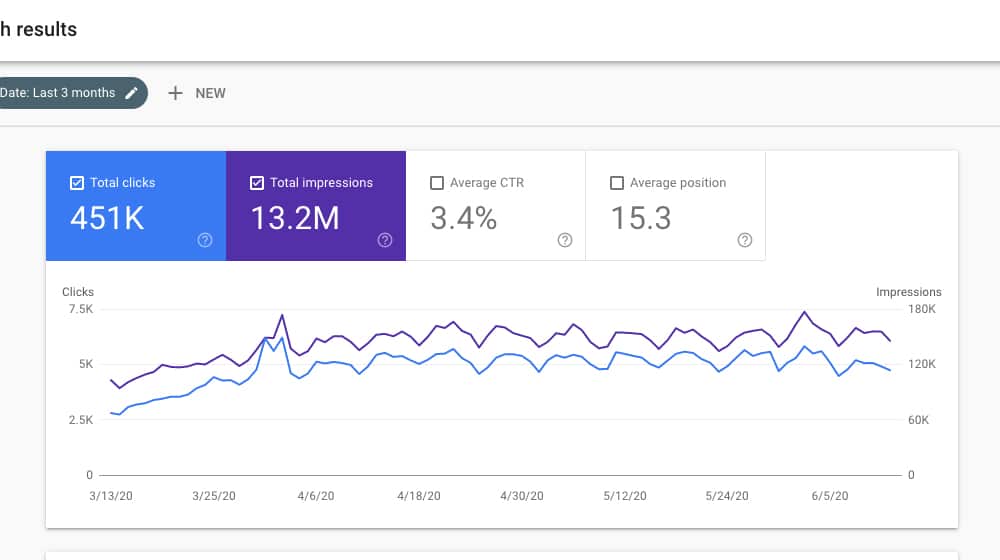
In these kinds of situations, what you want to do is look at your Google Analytics (you do have Google Analytics, right?) and look at your traffic views. Here are some tips:
- Instead of looking at site-wide analytics, look at analytics specifically for your /blog/ subfolder, or whatever you're using for your blog.
- Look specifically at organic traffic, not traffic referred from paid advertising, which isn't "real" traffic if you cut off spending.
- Expand your view over time and look at your traffic over the last year or several years, depending on how old your site is. Ideally, your traffic should be on a steady upward trend.
You can also do some much more advanced stuff with Google Analytics if you're willing to set up some reports. Neil Patel has an excellent rundown of some of the things you can learn here. I highly recommend checking it out.
How does social media factor into your content, marketing, and growth strategies? Most people simply set up an automatic share system using RSS or a tool like Zapier, or they just make sure to post their links whenever they publish a new post. Is that all you're doing? Is it working?
There's a lot you can do to market yourself on social media, so much so that "social media marketing" is its own industry with its own tools, platforms, and analytics. There's far too much involved in it for me to cover in one sub-section of one blog post, but I can give you some things to look for to see whether or not your blog is growing.
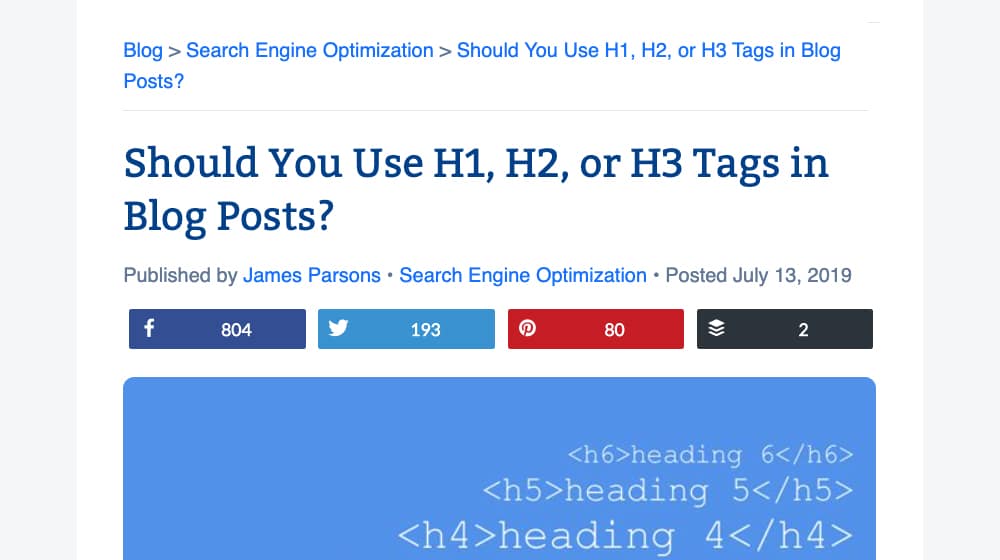
First of all, look at the social networks you use. Are you getting new followers? Are those followers real? It can be a pretty big problem to see "growth" on social media, only to find it's all people using follower churn to try to grow their own accounts, or bots just trying to look more human so they can spam fake news later.
When you post content links, are you getting likes, shares, and comments? Typically, you'll have fairly low rates for these. Consider needing about 100 views for a single "like", 500 views for a single share, and 1000 views for a single comment. These numbers are incredibly variable, of course, but they can give you an idea of the scales we're looking at. Even one or two comments can be huge.
You can also look for your content being shared on social networks you don't use. Generally, you can track this using your Google Analytics and looking for traffic referral data.
Your Posts Get Blog Comments
Blog comments are a contentious issue. Some marketers believe that comments are a huge burden; they're magnets for spam and small blogs rarely have enough people commenting to make a good discussion. On the other hand, blog comments can dramatically increase the amount of content on a page, and if it's a relevant discussion, that increase in word count correlates with an increase in search ranking value. You can analyze the data yourself if you like.
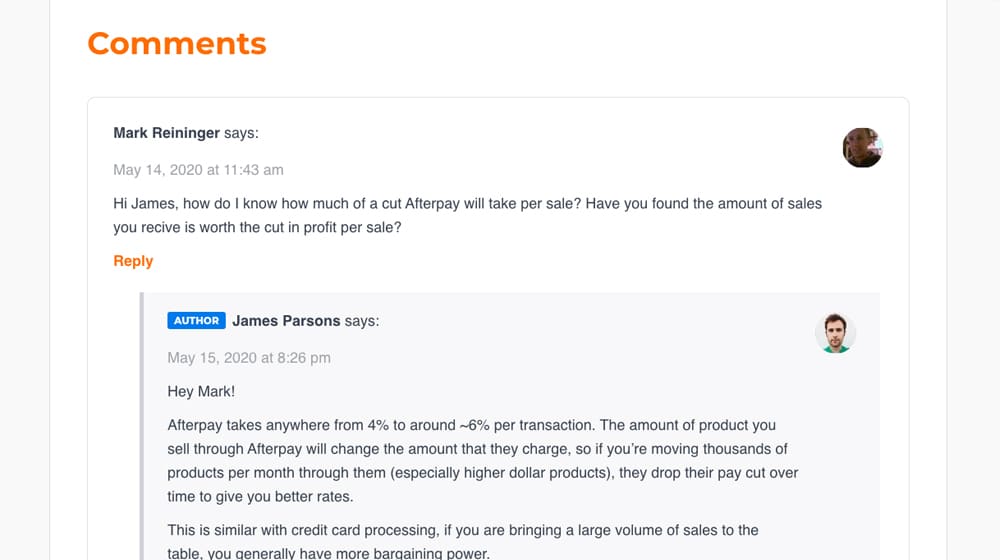
If you have blog comments enabled, and you aren't using something like Facebook's Comments Plugin (which just muddies the waters between blog comments and social comments), you can monitor your comments to see if they're growing over time. The data tends to be better once you've reached a point where your blog is building a community, though, so it's not always a useful metric.
So how can you encourage more comments, to make this metric more visible?
- Focus on getting repeat visitors. First-time visitors rarely comment, but returning users build more familiarity and have more to say.
- Publish better content less often, to focus discussion in a few smaller arenas, and to give people more to comment on in each post.
- Ask questions and solicit responses from your readers. For example, I might ask you all how you knew when your blog started working. What was the first sign?
Building up a good comments section has a lot of beneficial effects, and while yeah, it can take some moderation to remove the spam, tools to do that automatically are getting more sophisticated so it's really not that much of a burden, all things considered.
Your newsletter is one of your best resources, both when you're first starting off with a blog and when you're growing it. You will likely have hundreds or thousands of blog visitors who love your content, but who never think to check your site. Giving them a newsletter to subscribe to will remind them to return now and then, and you instantly benefit your site and your community.
Plus, check this out. In the course of analyzing their own traffic, Edgar spotted a cool trend; their spikes in traffic always correlated with when their weekly newsletter went out. It's not new posts, new social links, or new backlinks that do it; it's the newsletter.
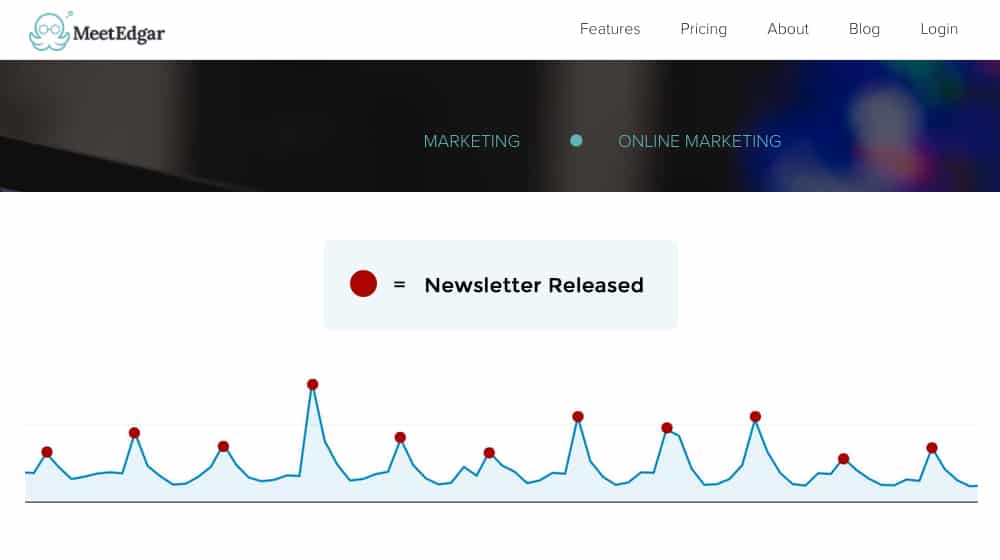
Newsletters are also great because they are one of the very few online marketing channels that you control completely. Paid ads? You're at the whim of the platform you're paying. Social media? If Facebook changes their algorithm or if some people mass-report your content, your exposure dries up immediately. Google traffic? If Google changes their algorithm, they can shred you without blinking. A newsletter, though, you can use for your advantage without worrying about outside factors ruining it for you.
Your Posts Correlate With New Sales
What do you want to get out of your blog? In a sense, knowing whether or not your blog is working depends on knowing what you want out of it. If all you want is traffic, it doesn't matter how many social shares you get, if your traffic isn't improving, your blog isn't working.
Of course, 99% of the time, when you think about what you want out of your blog, you think sales. Moolah. Dosh. Money. You want a profit, after all, because if you're not making money, you're losing money on the cost of your domain, hosting, and other expenses.
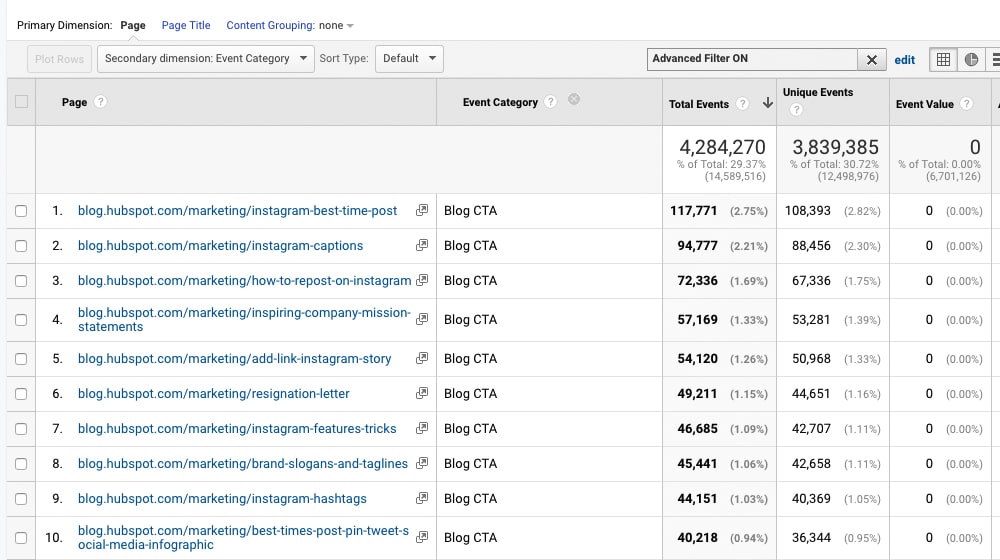
Take a look at your sales. Look at the dates where you're getting sales, and also take a look at your sales volume. If you have a physical location, try to look at just the online sales, phone orders, and other orders that can be attributed to your website, rather than walk-ins. Now take this data and correlate it with the dates you publish new content.
Is your blog working? If so, you should see a spike on the day of and day after you publish new content (or, as in the newsletter example above, when you promote the content). People visiting your site should lead to new sales, and if it isn't, you'll want to analyze your sales funnel and figure out what's stopping them.
Your Google Search Rankings are Growing
Monitoring your Google search ranking is a lot harder than you might think. For one thing, your search ranking depends on the keyword query, and there are as many different queries as there are combinations of letters in the known universe. Generally, you want to narrow down the top dozen, hundreds or few hundred keywords (depending on the scale of your site) and track those, not just any keyword that comes to mind. A company selling blogging software isn't going to rank well for "pool filters", after all.
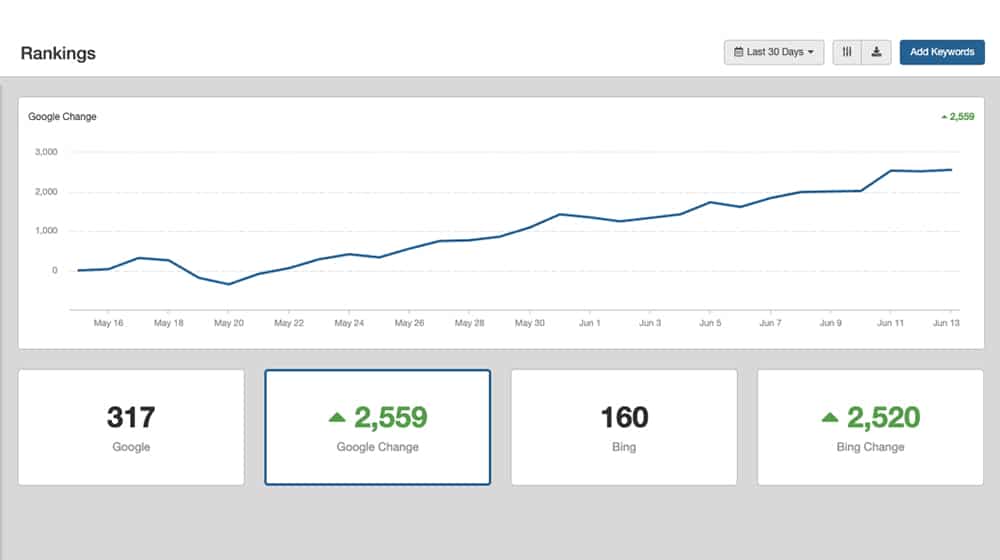
Another reason it can be difficult to monitor your ranking is that Google's search rankings are personalized. You can disable some of the personalization, but they still track you based on your IP, so it's hard to tell how much that actually helps. This is why so many people generally use tools that check ranks more objectively.
Plus, changes in ranking aren't really standardized. If you go up in ranks for a keyword, is that because you did something good, or a competitor did something bad? If you drop, did you make a mistake, or did someone else publish content that out-ranks you, or did Google change how they rank things entirely?
If you would like, hop on over to my post on Ahrefs alternatives. One of the major features Ahrefs offers is rank tracking, so this serves as a big list of tools you can use to track your rank - hopefully with some level of objectivity.
You're Getting Real Unsolicited Emails
One of the signs that your blog is a success is when you start getting emails about it. It'll start small at first; spammers who scrape blogs looking for people who might be gullible enough to accept a guest post from definitelynotascam.com.biz. Eventually, it can grow into real people talking about guest posting opportunities, or people sending you questions for their weekend roundups and blogger interviews, and can spiral into more and more opportunities.
How many emails are you getting that aren't spam emails and are inspired by, triggered by, or talking about your blog? Over time, this number will increase, and you'll be able to leverage it into further opportunities for business deals, guest posting, and networking.
You're Getting Unlinked Mentions
I mentioned backlinks up above, but there's another kind of "link" that isn't as easily tracked. What about times where someone quoted you, cited you, but didn't link to you? Some bloggers simply don't want to bog down their posts with too many links or have some other excuse for not linking to you when they quote you.
How can you find these quotes, these unlinked mentions? Well, you can use some tools to do it. Ahrefs allows you to export the data they find, for example. Alternatively, you can do it manually. This guide is a good way to use a simple script in Excel to find them. You can also just Google search your brand name and look for times you've been mentioned without a link. It's more legwork, but it works.
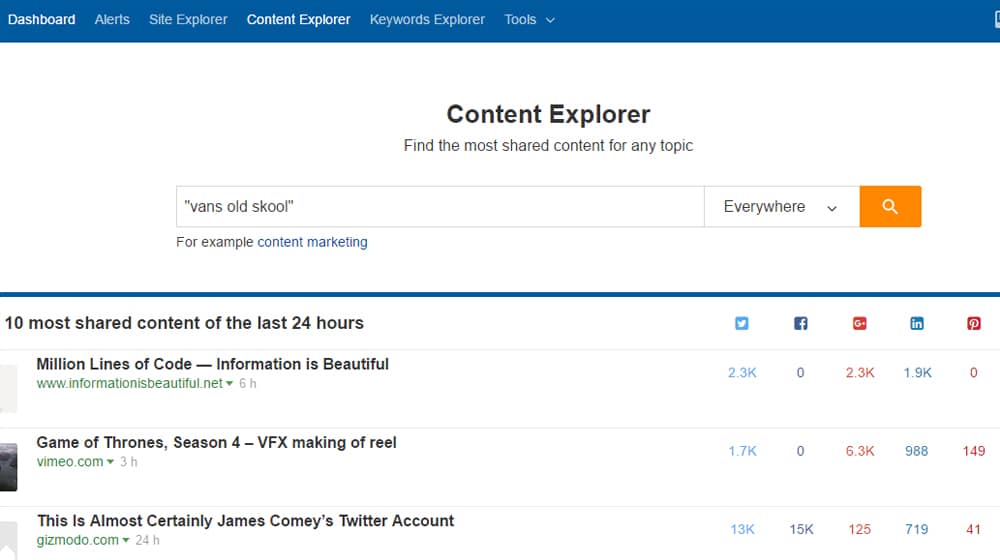
So, overall, do you think your blog is working? Do you have a better idea of how to tell? Hopefully, I've given some of you a place to start and, once you've looked at the data, some peace of mind.
It takes time, but blogging does work - eventually.





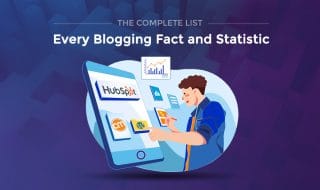
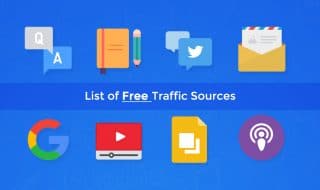



February 18, 2021
Good stuff James. Is ahref a free tool?
February 26, 2021
Thanks, Aarush!
Ahrefs is a paid tool. They have a paid trial for $7 which gives you 7 days of full access, which is a pretty reasonable deal.
I highly recommend it, it’s better than any of its competitors in my opinion.
We use the “Lite” $99/mo plan which is plenty for us. We use a separate service for keyword tracking and you can track unlimited projects if you’re able to verify that you have access to the website, so it’s plenty for our purposes.
September 24, 2023
Got it! The article basically says if you're getting more backlinks, social media engagement, and organic traffic, your blog is doing well. Plus, more comments and sales are good signs too. Keep track of these things to know how you're doing.
September 26, 2023
Glad it helped you!